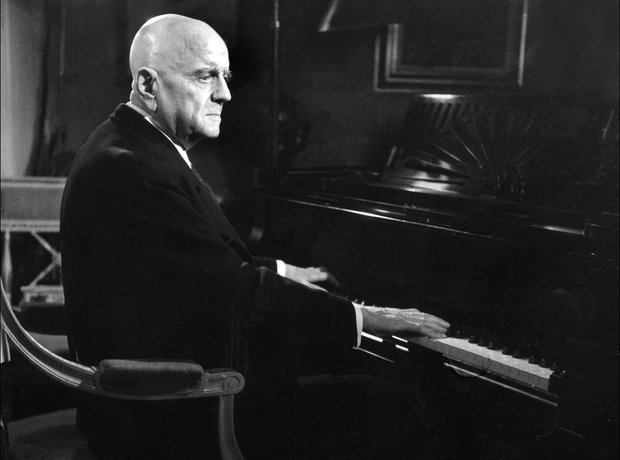Jean Sibelius was a towering figure in the realm of classical music, celebrated for his evocative symphonies, tone poems, and chamber music. Born Johan Julius Christian Sibelius on December 8, 1865, in Hämeenlinna, Finland, he would later adopt the French form of his name, Jean, for its elegance and international appeal.
Sibelius came from a Swedish-speaking family in Finland, which was then a Grand Duchy of the Russian Empire. He displayed an early aptitude for music, learning the violin and piano at a young age. However, it was not until he attended the University of Helsinki to study law that his passion for music truly flourished. He devoted much of his time to composing, and his talent soon outshone his interest in law.
Jean Sibelius, widely regarded as Finland's national composer, was a visionary musician whose compositions captured the spirit of his homeland and left an indelible mark on the world of classical music. With his distinct blend of romantic lyricism, vibrant orchestration, and deep connection to nature, Sibelius created a body of work that continues to enchant and inspire audiences to this day. Let us delve into the life and musical legacy of this remarkable composer. Jean Sibelius was born on December 8, 1865, in Hämeenlinna, a small town in the Grand Duchy of Finland, which was then part of the Russian Empire. From a young age, Sibelius demonstrated a strong aptitude for music, and he received his first violin lessons from his father, a physician with a passion for music. Later, he studied composition in Helsinki under the guidance of Martin Wegelius, a respected Finnish composer and pedagogue.
